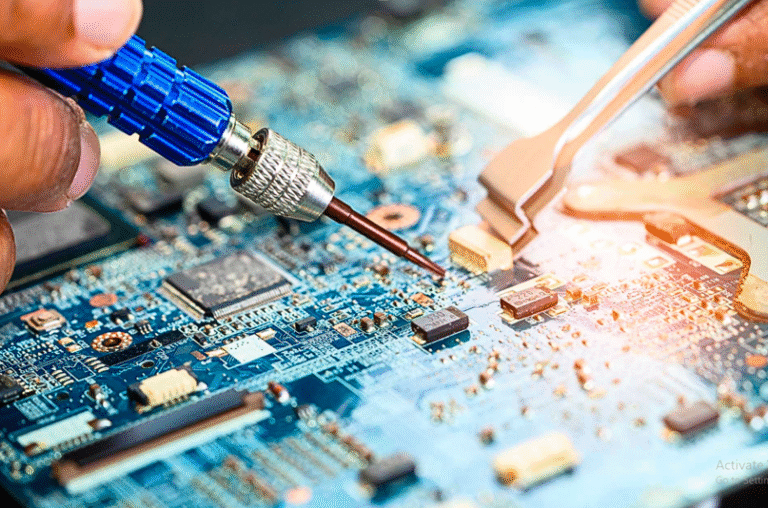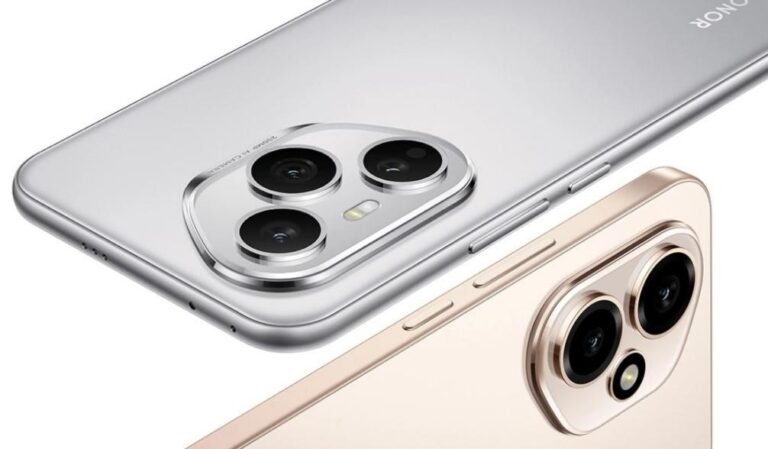The Role of Technology in Modern Healthcare: A Game Changer
The integration of technology into modern healthcare is reshaping how patients interact with their health systems. Telemedicine offers unprecedented access, while artificial intelligence enhances diagnostic capabilities. Wearable technology enables continuous health monitoring, and data analytics tailors treatment strategies. These innovations not only improve patient engagement but also promise more effective health outcomes. However, the implications of this technological shift raise critical questions about equity, privacy, and the future of patient-provider relationships.
Telemedicine: Bridging the Gap in Patient Care
As healthcare systems increasingly adopt digital solutions, telemedicine has emerged as a vital tool in bridging the gap in patient care.
By facilitating remote consultations, patients can access healthcare professionals without geographical constraints. This approach not only enhances convenience but also ensures timely virtual follow-ups, allowing for ongoing monitoring and support.
Ultimately, telemedicine empowers individuals to take control of their health journeys.
Artificial Intelligence: Revolutionizing Diagnostics
How has artificial intelligence transformed the landscape of diagnostics in modern healthcare?
Through the integration of machine learning and predictive analytics, AI systems now analyze vast datasets, uncovering patterns that human practitioners might overlook.
This technological advancement enhances diagnostic accuracy, accelerates disease detection, and tailors personalized treatment plans, ultimately empowering patients and providers alike to make informed decisions about health management.
Wearable Technology: Monitoring Health in Real-Time
While the rise of wearable technology in healthcare has been transformative, its impact on real-time health monitoring is particularly noteworthy.
Devices equipped with fitness tracking capabilities provide users with immediate health insights, empowering individuals to take charge of their wellness.
This proactive approach fosters a sense of freedom, as users can monitor vital metrics and make informed decisions about their health in real-time.
Data Analytics: Personalizing Treatment Plans
The integration of wearable technology has paved the way for advancements in data analytics, enabling healthcare providers to create highly personalized treatment plans.
By employing predictive modeling, practitioners can anticipate individual patient responses, enhancing overall patient engagement.
This data-driven approach empowers patients to take control of their health, fostering a more collaborative relationship between them and their healthcare providers, ultimately transforming treatment outcomes.
Conclusion
In conclusion, the symphony of technological advancements in healthcare orchestrates a harmonious blend of accessibility and precision. Telemedicine transcends geographical boundaries, while artificial intelligence unveils the hidden patterns of diagnostics. Wearable technology serves as a vigilant guardian of health, and data analytics tailors personalized care plans with finesse. Together, these innovations not only enhance patient engagement but also usher in a new era of well-being, where individuals can navigate their health journeys with confidence and ease.






